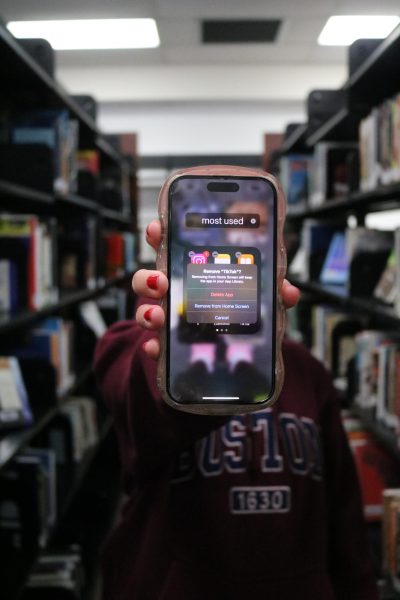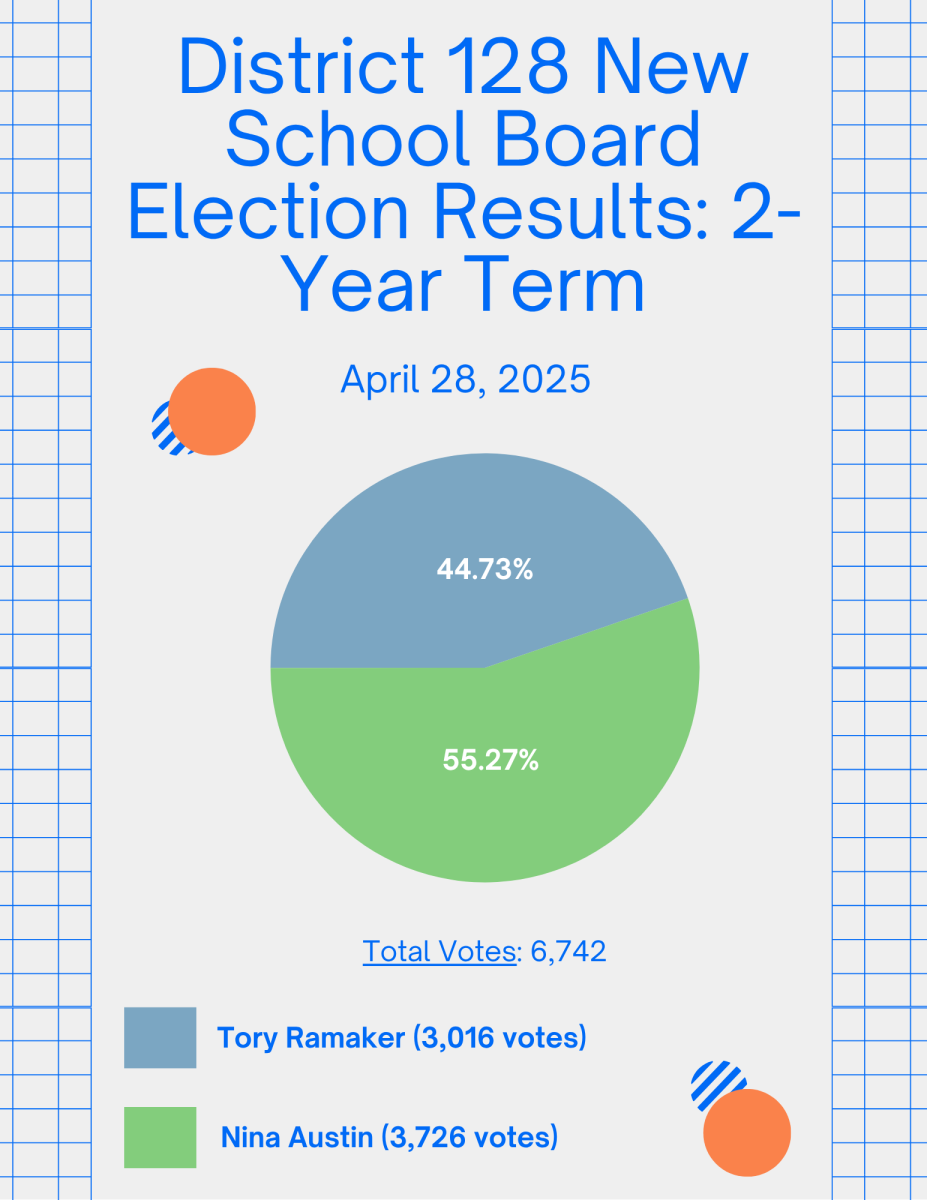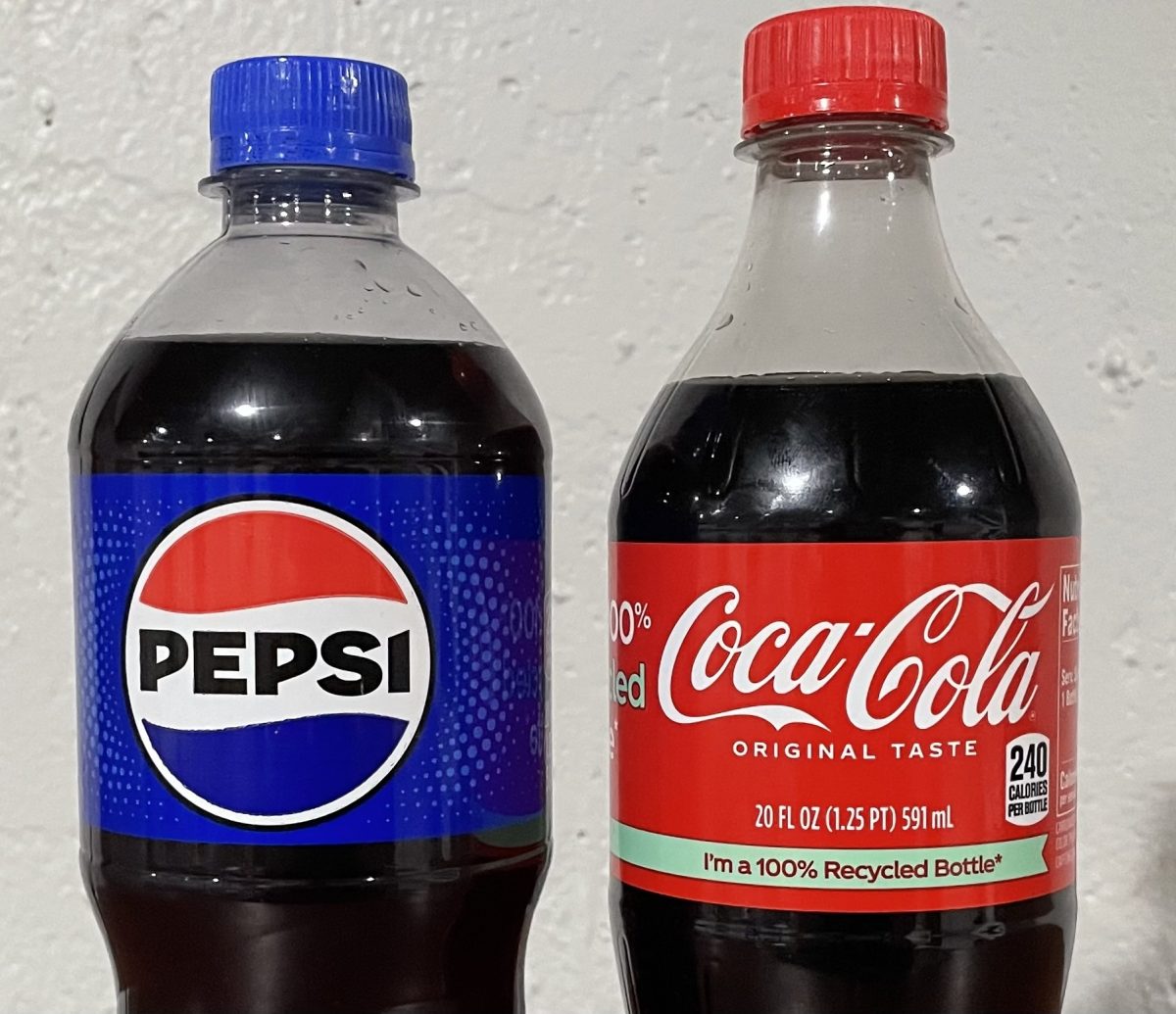TikTok, a popular social media app, will be banned in the United States starting Jan. 19 unless the application’s US operations are handed over from ByteDance, the parent company. As of January 6, 2025, Kevin O’Leary, a Canadian businessman known for his presence on Shark Tank, told Fox News that he is planning a sale.

The use of social media has always been controversial due to what it means to America’s constitutional freedoms.
Since 2016, TikTok has been at the center of these discussions. According to its official website, this app is the “leading destination” for short mobile videos. In their mission statement, they report their mission is focused on inspiring creativity and bringing joy. Today, over 170 million Americans use this application to create and enjoy.
Reasons for the Ban
To provide the most personalized experience for their users, TikTok collects and utilizes extensive personal data, including location information, browsing habits and other details stated in their terms and conditions.
As stated by critics, TikTok poses a threat to the entire nation. For example, TikTok’s parent company, ByteDance, is based in China, where companies are required to share data with the government.
Therefore, many are afraid that TikTok would share personal data with the Chinese government. They fear this could lead to espionage or even individual tracking.
Furthermore, many have held TikTok responsible for misinformation spread throughout the United States. BBC explains, that the younger generation has and is still being exposed to a plethora of misinformation and other misleading content. Due to this application’s algorithm and code, users create their own personalized experience where a person only encounters information, opinions or conversations that resonate with their own.
Course of Action
On April 20, 2024, the bill proposing a new law, The Protecting Americans from Foreign Adversary Controlled Applications Act (PAFACA), passed in the House of Representatives (360-58) and was sent to the Senate. Here, on April 23, 2024, senators passed this bill (80-19). The president, Joe Biden, received and signed this bill into law on April 24, 2024. PAFACA mandates Bytedance to relinquish this application before Jan. 19. If they fail to comply, the law outlaws the distribution, maintenance or other updates regarding TikTok.
TikTok and some of its users have argued that this law infringes on their constitutional rights. As the Supreme Court reviewed the constitutionality of this law, they hosted a public hearing on January 10, 2025.
At this public hearing, The Supreme Court held a public hearing to hear arguments for TikTok. That day, they concluded Tiktok could continue operating if it used a different algorithm, one not created by ByteDance. As a Chinese company, the Supreme Court has declared they don’t have First Amendment rights. “The law doesn’t say TikTok has to shut down. It says ByteDance has to divest,” Justice Amy Coney Barrett said.
What does this mean?
On Jan. 19, Tiktok will be removed from app stores (Google or Apple). Since ByteDance has not begun selling the application, there will be no delay.
Currently, experts do not know what this means for the app. Many speculate that after being banned, users may still be able to access the application if it is downloaded on their phone.
Even though the app will not be inaccessible overnight, experts believe that “the user experience in the U.S. will degrade over time,” according to CBS News. Either way, 170 million Americans will be affected by this ban and whatever it has in store.
Many people on the platform are discussing moving to other social media platforms such as Instagram Reels or Rednote, another Chinese-owned app like TikTok.
These apps face less scrutiny than TikTok because many believe them to be a weaker threat to national security. While TikTok is owned by a Chinese company, Instagram, owned by Meta, is based in the United States; however, while Rednote is a Chinese company, it currently has a smaller user base. Therefore, both of these apps will be available in the App Store while TikTok will not.
Effects on Libertyville High School
Students across Libertyville High School use TikTok daily. Many use it to find new recipes, shows, and other interests and share their own.
Senior Abigail Flanagan downloaded TikTok to post different artworks; however, now she finds herself deep in the scroll at other times in her day.
“[For example] when I’m eating food and I’m just bored, I’ll pull it up because it’s easier than pulling up a YouTube video,” said Flanagan.
TikTok has also doubled as a source of information for some.
“[Without Tiktok], I’m not going to know what’s going on, and I’ll have to search for the news myself,” said junior Anna Garippo.
TikTok has given users like Garippo a desire to be informed. Using the platform as a starting point, many students have taken it upon themselves to further research controversial topics on their “For You” page.
Even then, many suffer from the misinformation epidemic spread by this application. High schoolers, especially, fall victim to surrounding themselves with dangerous information.
Many argue that TikTok can also create a toxic environment, with users using the screens as masks. Artists, of all mediums, can feel degraded through comments and several likes. This can affect all aspects of mental and physical health, especially motivation.
Supporters of this application believe TikTok is no different than other social media platforms that also cause these things.
However, Flanagan has found TikTok and it’s algorithms a perfect place to post art. She found that blowing up for posting certain content changed her motivation and creative mindset.
“After that, I just started only posting about this show, because that’s the only thing that ever brought attention,” said Flanagan. “Eventually, I couldn’t care less about the show anymore, and I lost my love for it.
While TikTok is a positive environment for support and community, this platform brings many consequences.
After being officially banned on Jan. 19, 170 million Americans will struggle to adapt to a drastic change in their way of life. The world as we know it will change in the way we receive information and create entertainment. Dictated by the supply and demand principals, many wonder: could something else take TikTok’s place?




![Mr. Abullh Ali, manager/assistant, helps open Queen Yemeni Coffee in downtown Libertyville at 606 North Milwaukee Ave. With the help of employees such as manager and LHS senior Yousef Taha, they are able to bring the Yemeni and Ethiopian culture to Libertyville by using their Queen spices, cinnamon and cardamom in their drinks such as Adani Chai, which is inspired by Sheda, the Queen of Yemen and Ethiopia. “The history of our coffee [is] a long history and we believe that Yemen and Ethiopia started the coffee and we are bringing something unique to the community,” Mr. Ali said.](https://www.lhsdoi.com/wp-content/uploads/2025/04/Photo-1-1200x800.jpg)

